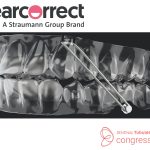Lodge Dental is a family-run business with three large, award-winning dental practices located in Abergavenny and New Inn, South Wales. The business is currently expanding and will offer brand-new training and referral facilities for colleagues around the UK to utilise. We spoke to group owner, Chris Lodge, about what they are trying to achieve…
Let’s set the scene, how did Lodge Dental come about and what is the vision for the business?
We originally took over an established practice in Monmouthshire, South Wales and almost immediately created a 5-year strategic plan. Our vision was to create a centre of excellence in dentistry at the heart of Wales. We were keen to stay away from being a stereotypical practice in everything other than the quality of dentistry we provided, which meant making the surgeries sophisticated and efficient environments with the latest technology and systems. We introduced brand-new equipment – including a comprehensive suite of digital solutions – chairs, monitors, computer system and more as part of stage one. This has enabled us to build a reputation for cutting-edge, digital dentistry, adding exceptional value to our specialist referral services.
Stage two was about broadcasting our services to ensure that local people knew about what we offered and expanding our team. As anyone in dentistry knows, to create a successful business, you need a great team of dentists and dental hygienists, but you also need superb dental nurses, admin and support staff. They are vital to ensure a positive patient experience from the moment they enter the building procedure.
The third and final stage of our 5-year plan is offering something unique for colleagues and the wider profession. We bought an adjacent building – a stunning, Edwardian property built in the late 1800s – which we thought would make a great addition to what we’d already created in the form of a specialist referral practice and brand-new training facility.
We have completely renovated the building from the new Welsh Slate roof to the under-floor heating system to create exactly what we need. Everything has been thought of from on-site parking to wheelchair access, staff shower facilities, electric car chargers – we aim to create the best possible experience for everyone who visits us.
 What do you hope to offer through your new training facility and how will it differ to the many other opportunities on the market?
What do you hope to offer through your new training facility and how will it differ to the many other opportunities on the market?
There will be training suitable for specialists and highly experienced dentists, junior dentists, dental hygienists and therapists, dental nurses and practice managers/treatment coordinators, with programmes delivered to small delegate groups on a range of topics.
Every possible avenue has been explored to deliver a world-class learning experience for all who come to the new facility. We have an excellent AV set-up, state-of-the-art equipment and a team of leading specialists and experts to share their knowledge and skill. The goal was to create a truly realistic environment in which to undergo practical training that can be immediately translated once delegates return to their own practices. We are unique in that we have the training facility and the ability for delegates to watch live procedures from the on-site practice. Our practice already operates all the cutting-edge digital technology we are teaching, so delegates can see them in action. We will do more than talk about dentistry and show it, so delegates can really immerse themselves in what they are learning.
In fact, we wanted to optimise the entire experience. We will offer a package that includes training, accommodation and food, so delegates needn’t book everything separately. All they have to do is get to us. We have teamed up with The Angel Hotel, which is an excellent local business that enables us to provide a social element for delegates in the form of a course dinner and drinks. I think this is important as it not only enables individuals to network, but it also ensures a great all-round experience. We have formed various partnerships with local businesses to deliver the best possible experience for dentists who join us for training – but also for patients who are referred to us. We’re lucky to be in a really beautiful part of the countryside, so there’s plenty for everyone to do while people are visiting too. By offering all this as a package, we save delegates time and money because we get fantastic deals from the businesses we partner with.
It’s also worth mentioning that we have the ability to offer one-to-one case mentoring following these courses too, ensuring dentists receive the on-going support they need.
Why did you decide to provide training for the whole team? How do you feel this will enhance what you’re offering?
It’s a fact that with any dental treatment, especially the more advanced, the experience and training of the dental nurse is vital. We will encourage dentists to bring their dental nurse on several of our courses, with a package that makes it worthwhile for them. We have some exceptional dental nurses at Lodge Dental, who are only too happy to share their experience with delegates on everything from learning digital scanning to consulting with the lab.
For other members of the team like dental hygienists and therapists, they have an essential role to play in supporting patients undergoing treatment or maintaining results achieved through surgery. They need an equally practical approach to training, which we feel we will be able to offer.
The new centre will also provide first-class referral services. What do you feel has stood Lodge Dental in such good stead among the profession?
 We have always been strategic in expanding the business, so becoming a leading specialist referral centre was always part of our vision. Our commitment to state-of-the-art digital solutions has certainly helped to position us as a state-of-the-art referral centre. We offer an end-to-end digital treatment experience for patients we treat, ensuring a high-quality and seamless treatment journey for all.
We have always been strategic in expanding the business, so becoming a leading specialist referral centre was always part of our vision. Our commitment to state-of-the-art digital solutions has certainly helped to position us as a state-of-the-art referral centre. We offer an end-to-end digital treatment experience for patients we treat, ensuring a high-quality and seamless treatment journey for all.
We’re also proud to have such a well-respected, trustworthy and ethical team, who provide a personal touch by spending time with local dentists and getting to know them. Having a dedicated Referral Manger further distinguishes our services. From a customer service background, Jo [Morgan] is fantastic at speaking to dentists or practice managers of our referring practices, as well as liaising with referred patients, providing the support and information they need too.
In addition, we have always sought to provide minimal waiting times for referred patients – no one wants to wait 6+ months to start a new course of treatment once they’ve decided to proceed! We have committed sufficient surgery time to each of our clinicians to ensure they can deliver quality care efficiently.
To complement our referral and training services, we are launching monthly Lodge Study Clubs and inviting local dentists to enhance their skills alongside our expert team. For any local dentists interested details can be found on the website. Like everything else, this has come from a place of passion and vision to offer quality. I believe this shows in all that we do.
For further information, please contact Jo on 01873 854711 or referrals@lodgedental.co.uk, or visit lodgedental.co.uk/referrals
Browse all current courses, discover more about our training facility and contact the team for further information from the new Lodge Training website at www.lodgetraining.co.uk.







 Prevention is considered the best way to ensure good oral health in patients, and dental nurses are fully-equipped with the skills needed to educate and remind them about the importance of regular check-ups, proper brushing techniques and, of course, a balanced diet, to name but a few preventative methods.
Prevention is considered the best way to ensure good oral health in patients, and dental nurses are fully-equipped with the skills needed to educate and remind them about the importance of regular check-ups, proper brushing techniques and, of course, a balanced diet, to name but a few preventative methods.
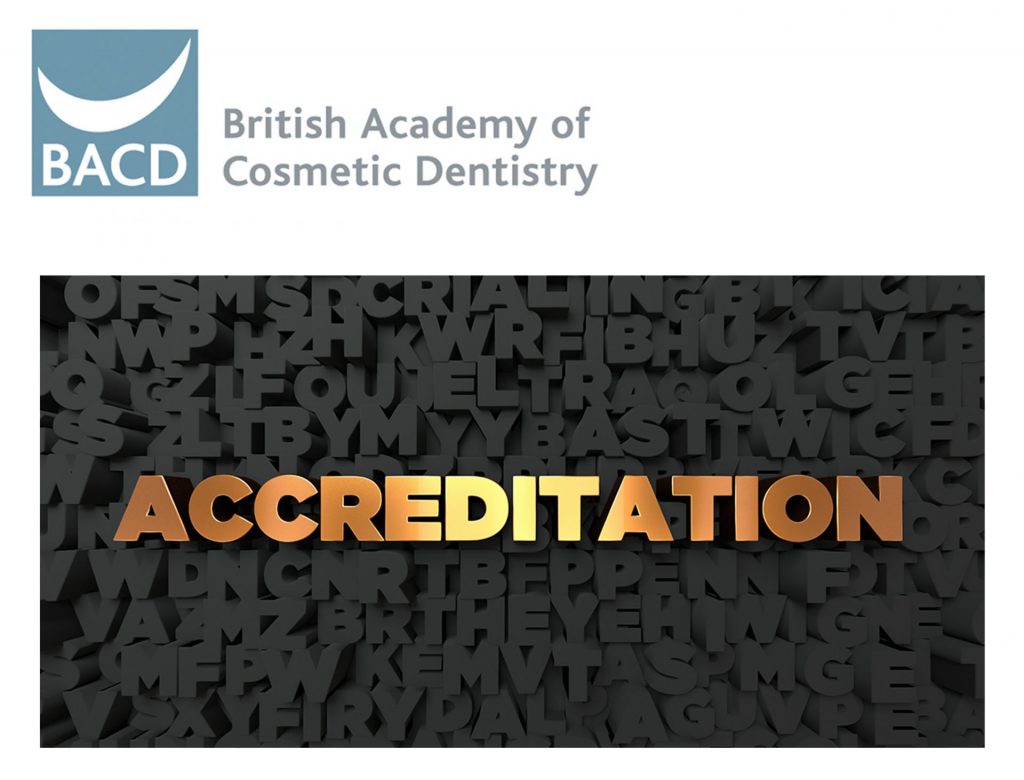
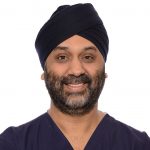
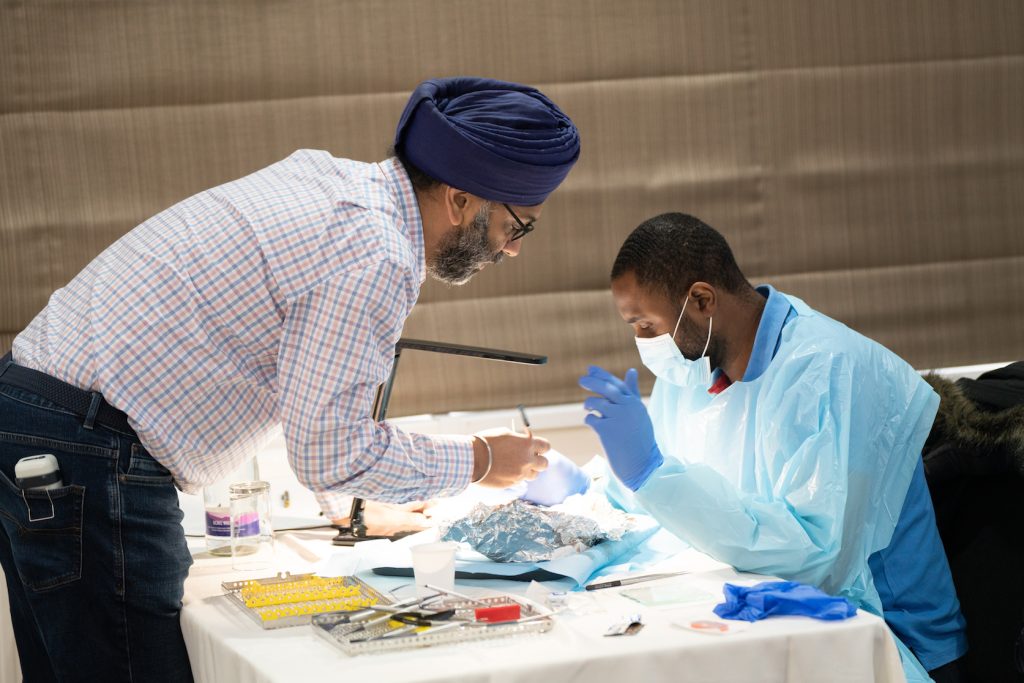 Who is the course designed for?
Who is the course designed for? 
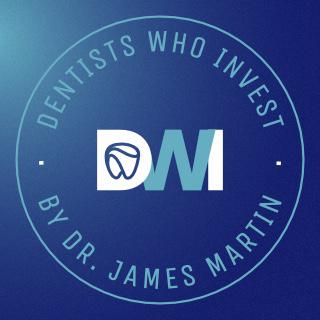

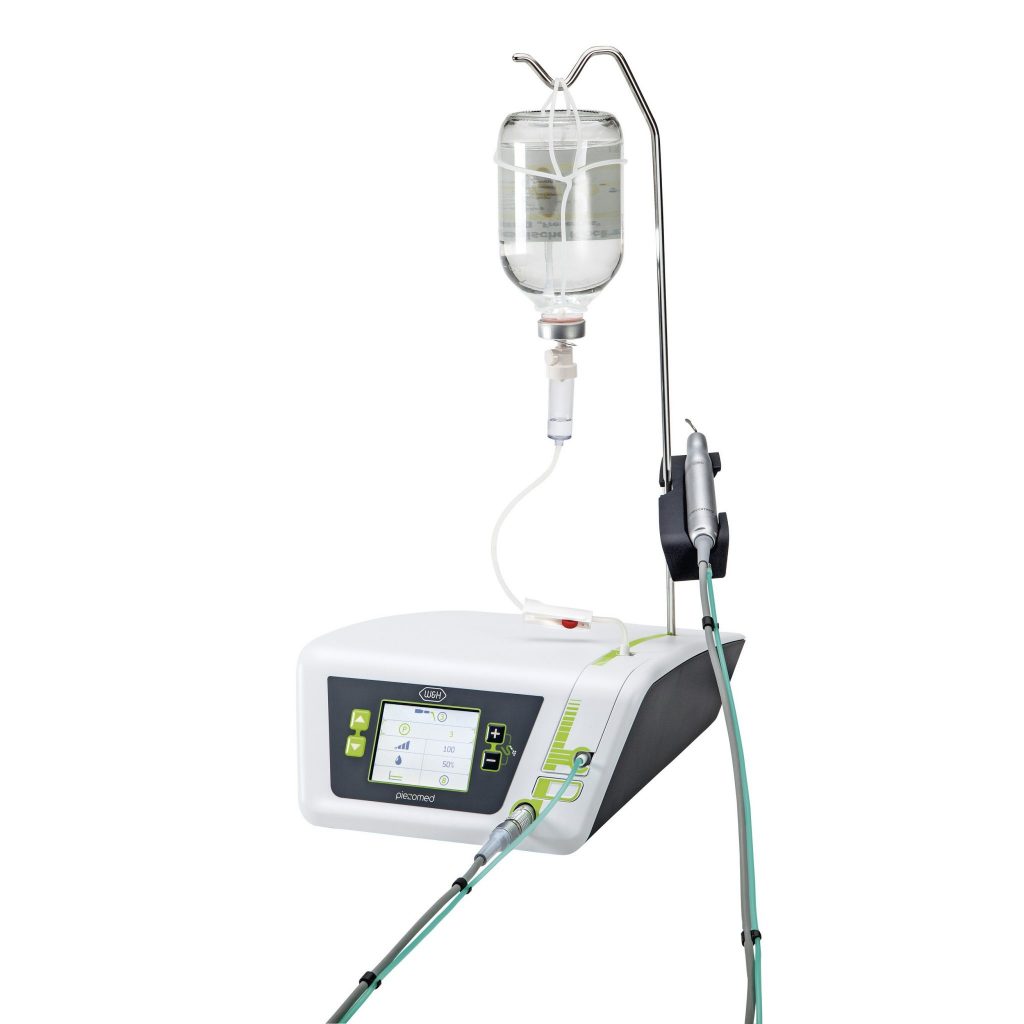 Choose your tools wisely
Choose your tools wisely

